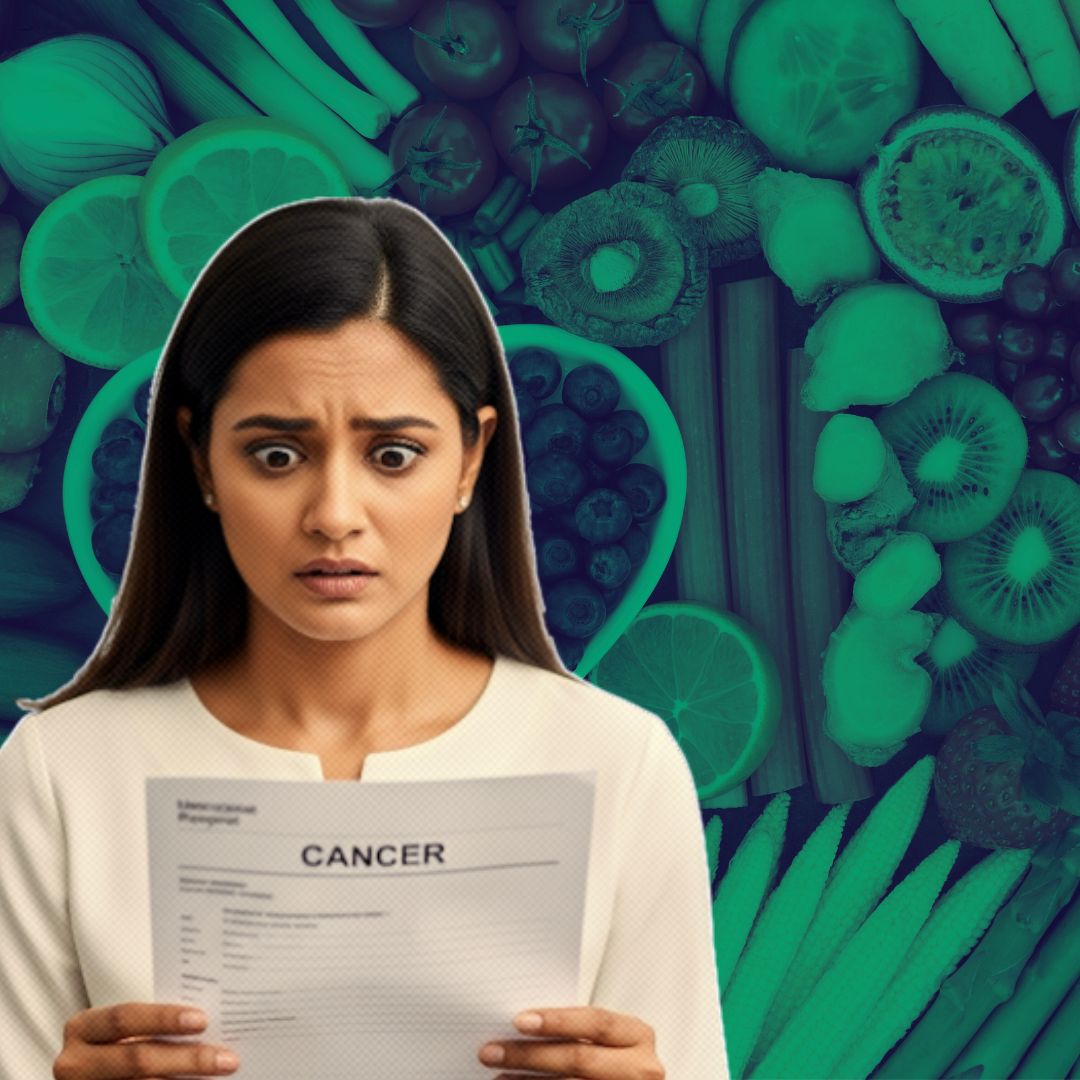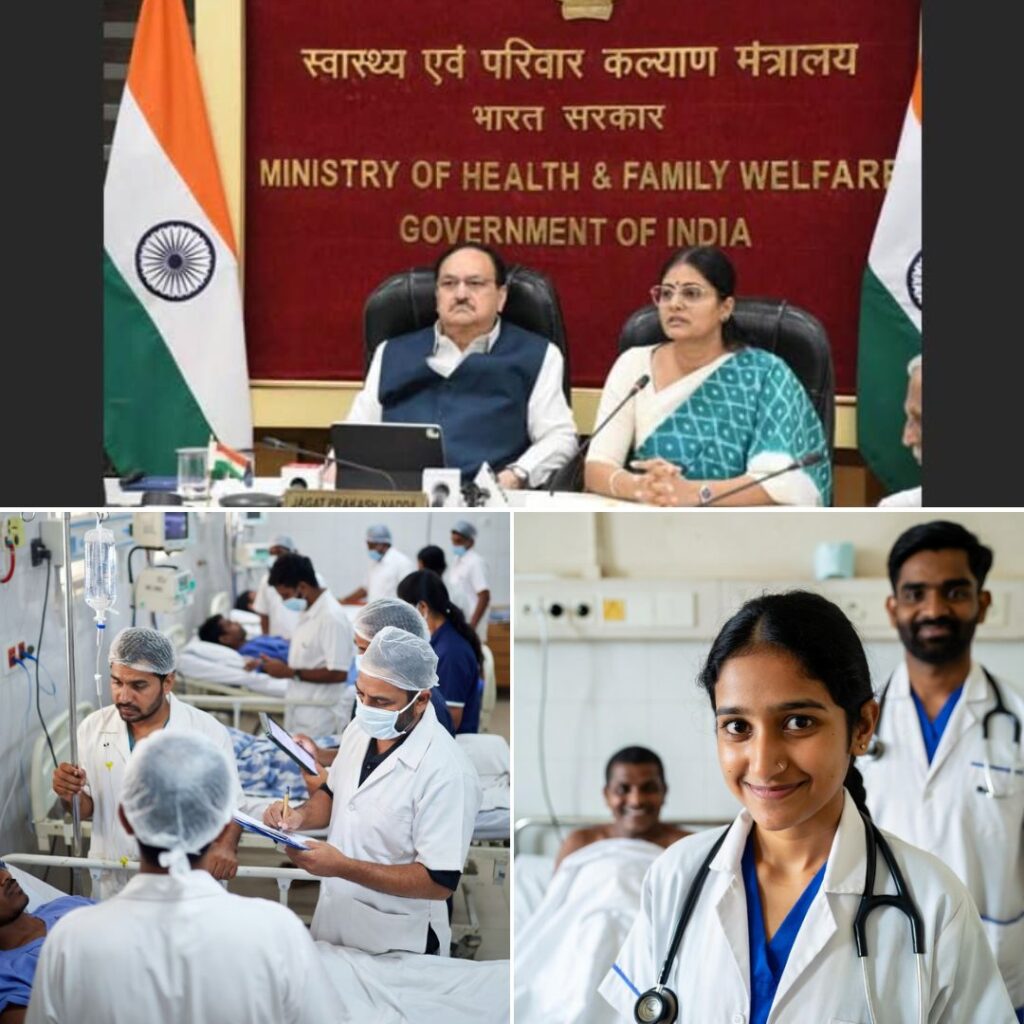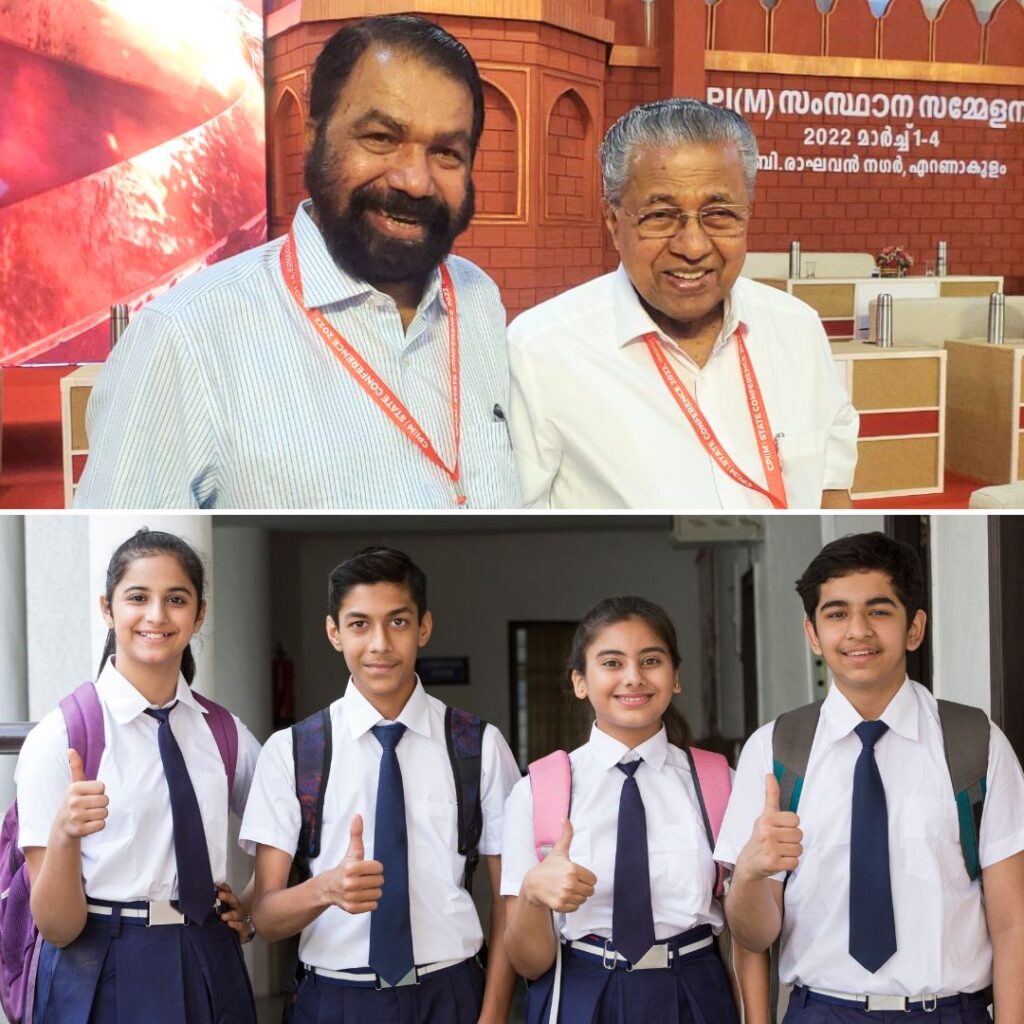Monika Choudhary, a 29-year-old woman who adhered to a strict clean eating regimen and maintained an active lifestyle, was diagnosed with stage 4 colorectal cancer.
She shared her journey openly on Instagram on July 30, 2025, revealing that despite avoiding fried and oily foods, prolonged work stress, long hours, excessive screen time, and a sedentary lifestyle led to a decline in her physical and mental health.
Her experience underscores that a healthy diet alone cannot prevent serious illnesses and underlines the importance of holistic wellness, including stress management, physical activity, early detection, and advanced medical care.
From Health Enthusiast to Patient: The Hidden Toll of Chronic Stress and Sedentary Lifestyle
Monika’s transformation from an active runner to a sedentary worker immersed in her website project shows how burnout and inactivity can silently damage overall health.
She wrote on Instagram: “I used to eat healthy and avoid fried foods, but I didn’t realise how work pressure, long hours, and inactivity would take a toll on my body.” She continued, “Slowly, my body started giving signs like fatigue, uneasiness and discomfort but I dismissed them, blaming it all on work pressure or a lack of sleep. Then came the diagnosis: Stage 4 colorectal cancer. A moment that changed everything.”
Her story is a cautionary tale about the risk of deprioritising self-care for the sake of ambition.
Expert Insights
Research from the American Cancer Society and the National Cancer Institute highlights that stage 4 colorectal cancer is influenced by genetic, environmental, and lifestyle factors. Treatment at this stage often uses a combination of chemotherapy regimens such as FOLFOX and FOLFIRI, targeted drugs, immunotherapy, and in some cases surgery or hepatic artery infusion for liver metastases.
The Cleveland Clinic notes that survival and quality of life can improve significantly with early response to therapy, particularly when genetic testing is used to guide personalised treatment. For patients with specific biomarkers, immunotherapies like pembrolizumab or nivolumab have shown promise in slowing disease progression.
The Vital Importance of Recognising Early Warning Signs
Dr. Rajiv Kapoor, a gastroenterologist, on youtube shared, “Colorectal cancer can develop quietly and present late. Unexplained fatigue, bowel changes, or discomfort should prompt an early consultation with a healthcare professional. Early detection improves outcomes.” This aligns closely with Monika’s reflection on ignoring her symptoms, which she now regrets and hopes others will take seriously.
The Logical Indian’s Perspective
Monika Choudhary’s journey is a powerful reminder that health is more than just eating right. True well-being requires balance, physical activity, attentive mental health care, early screening, and listening to one’s body. At The Logical Indian, we believe success should never come at the cost of health, and we call for workplaces and communities to actively promote wellness alongside productivity.
How can our society create systems that allow for ambition while prioritising physical and mental well-being? We invite readers to share their personal experiences and solutions in the comments to inspire a healthier, more compassionate culture.













